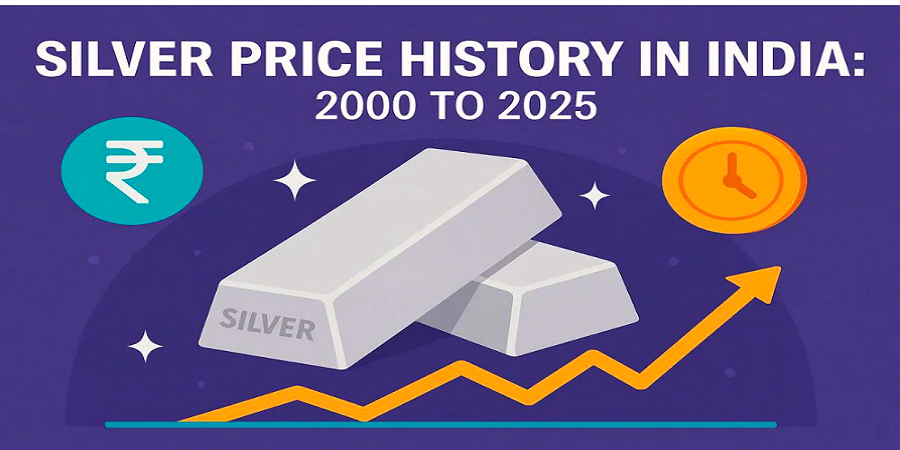Venmo, a popular peer-to-peer payment platform, offers convenience and ease in transferring funds between individuals. However, understanding the tax implications related to using Venmo is crucial to ensure compliance with tax laws. In this blog post, we’ll explore the various aspects of Venmo in relation to tax regulations, detailing how transactions on the platform might impact your taxes and what users should consider to stay compliant.
Tax Considerations with Venmo Transactions:
1. Taxable Income from Venmo : Funds received through Venmo, especially those associated with goods sold or services rendered, might be considered taxable income and should be reported accordingly.
2. Business Transactions : If you use Venmo for business-related transactions, income generated through these payments might be subject to income tax and potentially self-employment tax.
Reporting Venmo Income:
1. Documentation and Records : Maintaining accurate records of transactions conducted via Venmo, including receipts, invoices, or transaction details, is essential for proper income reporting during tax filing.
2. Tax Reporting Obligations: Individuals or businesses earning income through Venmo transactions should report such earnings on their tax returns, adhering to IRS guidelines.
Gifts and Personal Transactions:
1. Non-Taxable Gifts : Transfers labeled as gifts between friends or family typically don’t incur taxes for the recipient or sender, as they’re generally considered non-taxable.
2. Casual Transactions : Personal transactions or reimbursements among friends for shared expenses, such as splitting bills or rent, aren’t typically subject to taxation.
Venmo and Business Use:
1. Separating Personal and Business Transactions If using Venmo for business purposes, it’s advisable to maintain separate accounts or clearly delineate business-related transactions to ease tax reporting and deductions.
2. Tax Deductions and Expenses Properly tracking business-related expenses and income through Venmo transactions can assist in claiming deductions and accurately reporting profits.
Tax Reporting and Compliance:
1. 1099-K Forms : Venmo issues Form 1099-K for users who meet specific transaction thresholds, providing information to the IRS about income received through the platform.
2.Consultation with Tax Professionals: Seeking advice from tax professionals or accountants can offer clarity on tax obligations related to Venmo transactions, ensuring compliance with tax laws.
Venmo transactions, whether for personal use or business-related purposes, can have tax implications that users need to understand and address. Properly documenting income, categorizing transactions, and staying informed about IRS guidelines are vital to meeting tax reporting obligations. Whether you’re receiving payments for services, conducting business transactions, or simply splitting expenses among friends, being aware of the tax implications related to Venmo usage is essential for maintaining compliance with tax laws and accurately reporting income during tax filing.









